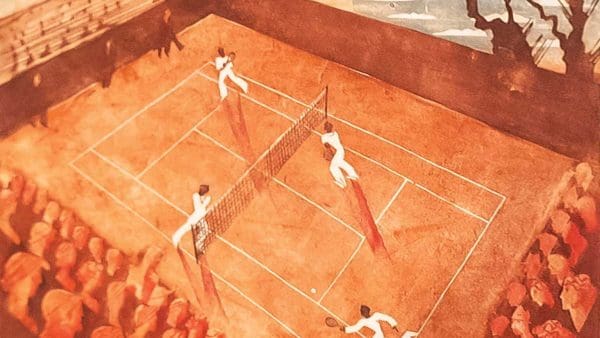
Through the lens of prison uprisings, Bridget Carolan ’20 studies how society’s most powerless women can ignite political change. She is in Ireland this semester, visiting jails including Kilmainham Gaol in Dublin, above.
In the summer of 1974, some 200 inmates at New York State’s Bedford Hills Correctional Facility for Women staged an uprising and took over parts of the prison. Known as the August Rebellion, it was in response to the inhumane treatment of an inmate who had initiated a lawsuit against the facility. Nearly six years later, and on the other side of the Atlantic, inmates at the Armagh Women’s Facility in Armagh, Northern Ireland, began refusing to bathe or work, and a few went on a hunger strike. This was during the Irish Troubles, and the women were protesting their loss of certain rights after having been reclassified from political prisoners to common criminals.
Junior political science and international studies major Bridget Carolan has a deep interest in incarceration policy and sees “a lot of parallels” between these two events. Her ongoing research project has her learning all she can about these actions with the larger goal, she says, of examining “how the most powerless women in society can ignite lasting political change” while incarcerated.
Both of these uprisings at women’s prisons were overshadowed by larger events at men’s facilities, such as 1971’s Attica Prison Riot in New York State’s Attica Correctional Facility, where 43 people were killed. “There is very little press coverage of the August Rebellion,” Carolan says. “They took over areas of the prison and took hostages, but there were no casualties on either side.” The Armagh actions, meanwhile, happened simultaneously with a much larger hunger strike at a men’s prison in Northern Ireland where nine strikers died. There were no fatalities among the women strikers.
In the United States, it appears women inmates used litigation more effectively than men. Indeed, after their uprising, the Bedford inmates won a class action suit that instituted better guidelines for when and how inmates are sent to solitary confinement or mental health facilities. Carolan anticipates spending years studying this topic with the ultimate goal of visiting where the uprisings took place and interviewing some of the surviving participants.
If the struggles of incarcerated women are often missing from the history books, they are getting some play in our living rooms through the Netflix hit Orange Is the New Black, a women-behind-bars series that just completed its sixth season. Carolan says this is a good thing: “Even with the problems that can come with popular media portrayals of prisons, it gets people thinking about what it’s like to be a prisoner and how it’s nearly impossible to hold your captors to any sort of standards when you are completely at their mercy.”




